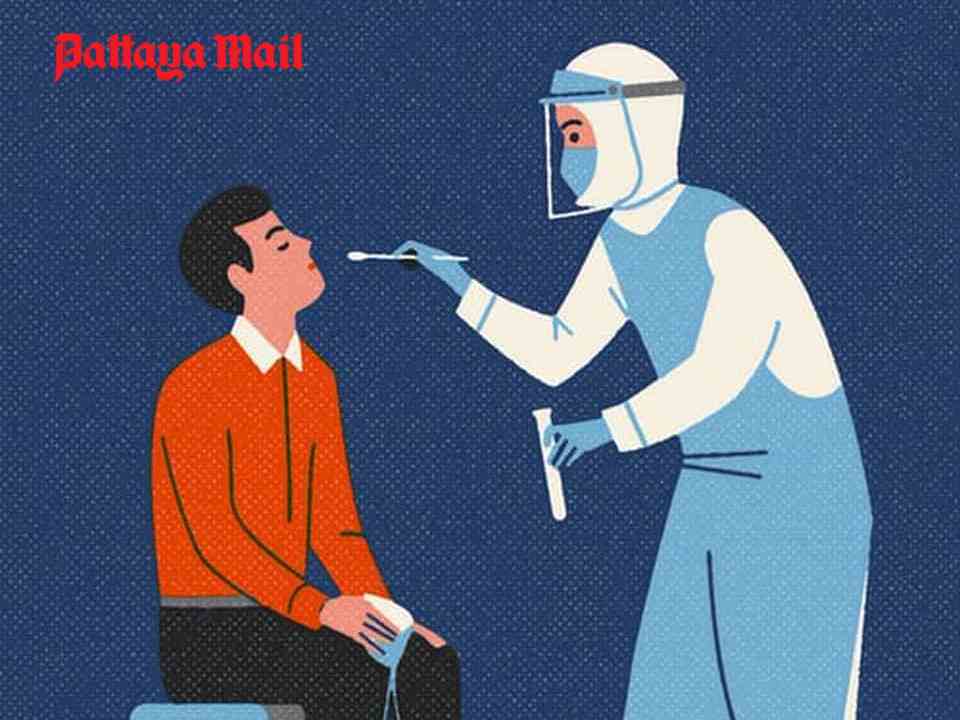The Public Health Ministry on Thursday revealed more details of the government's vaccine roll-out, predicting that more than 1.9 million doses of Covid-19 vaccines will be administered to more than 960,000 people in 10 provinces by April.
Dr Sopon Mekthon, chairman of the government's sub-committee on Covid-19 vaccine management, said that since supplies of vaccines were still limited, the roll-out would first aim to cut severe infections and deaths among at-risk groups including people aged 60 and older, those with serious underlying health problems, plus health and medical personnel and officials involved in disease control.
In the second phase, by which time it is hoped vaccine supplies will be more plentiful, the goal of the programme will be to safeguard the economy and national security, create immunity among Thais and return the country to normality, he said.
Target groups in this phase will include medical personnel other than frontline staff, those in the tourism sector, plus workers in the industry sector and general people, said Dr Sopon.
The acting deputy director-general of the Department of Disease Control (DDC), Sopon Iamsirithaworn, said two million doses of two-jab vaccines would arrive this month.
Of those, 1,934,000 doses would be administered to 967,000 people by April in 10 provinces designated as strict and maximum control zones, maximum control zones and areas where the number of infections continues to increase.
The remaining 66,000 doses would be reserved for 33,000 people in provinces adjacent to the outbreak areas, said Mr Sopon.
The priority 10 provinces are as follows:
Samut Sakhon -- 820,000 doses will be administered to 410,000 healthcare staff, 8,000 disease control officials at risk of coming into contact with infected patients, 6,000 people with underlying health problems, 36,000 people aged 60 and older, 150,000 general people and 210,000 migrant workers.
Bangkok -- 800,000 doses will be given to 400,000 medical personnel, 32,000 at-risk disease control officials, 8,000 people with underlying health problems, 100,000 people aged 60 and older, 100,000 general people and 160,000 migrant workers.
Nonthaburi -- 26,000 doses will be administered to 13,000 medical personnel, 9,000 disease control officials, and 4,000 people with underlying health problems.
Pathum Thani -- 26,000 doses will be given to 13,000 medical personnel, 9,000 disease control officials and 4,000 with underlying health problems.
Samut Prakan -- 28,000 doses will be administered to 14,000 medical personnel, 9,000 disease control officials and 5,000 with underlying health problems.
Rayong -- 18,000 doses will be given to 9,000 medical personnel, 5,000 disease control officials and 4,000 with underlying health problems.
Chon Buri -- people receiving 28,000 doses include 14,000 medical personnel, 10,000 disease control officials and 4,000 people with underlying health problems.
Chanthaburi -- the 16,000 doses include 8,000 medical personnel, 6,000 at-risk disease control officials and 2,000 with underlying health problems.
Trat -- 12,000 doses will be administered to 6,000 medical personnel, 5,000 disease control officials and 1,000 with underlying health problems.














